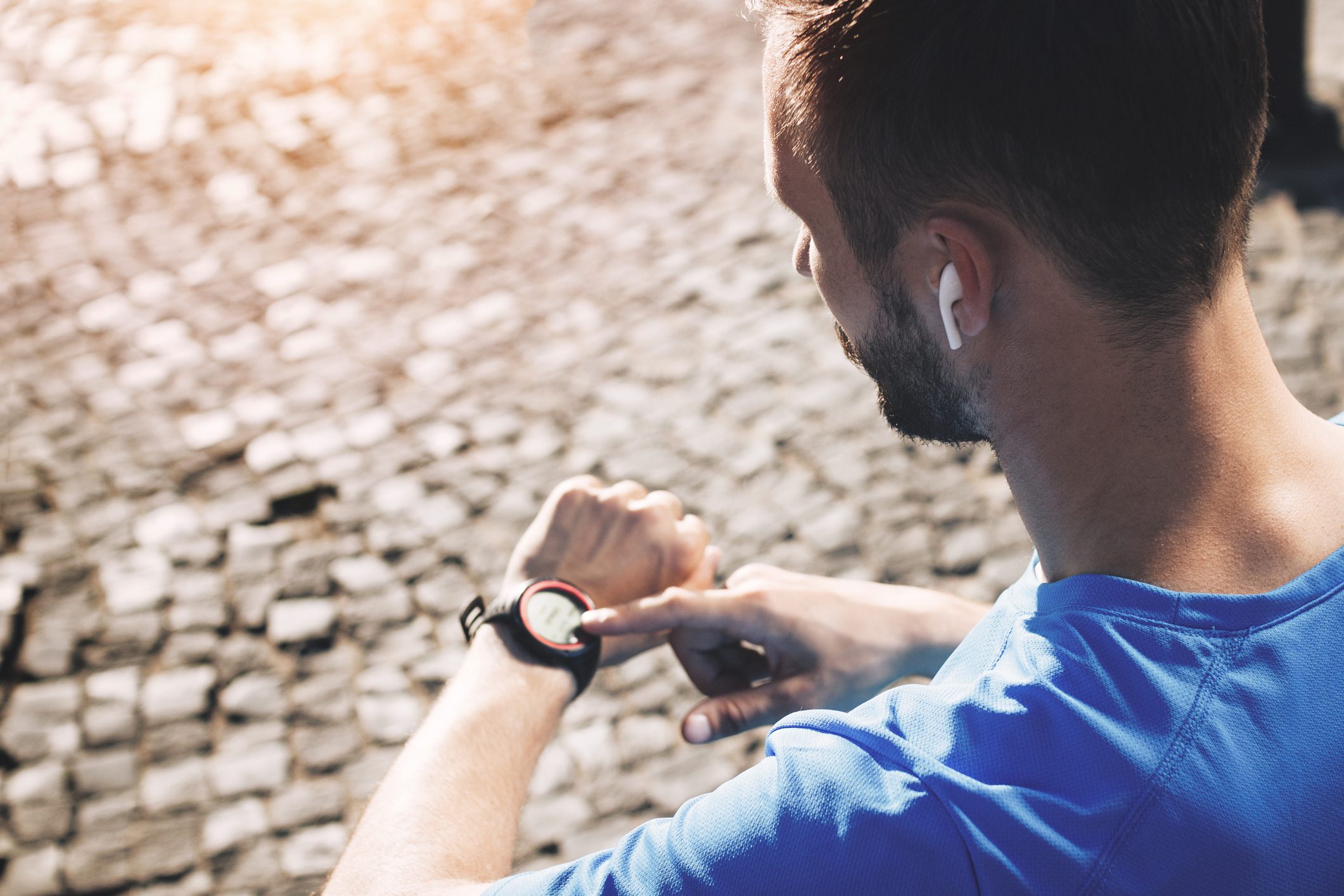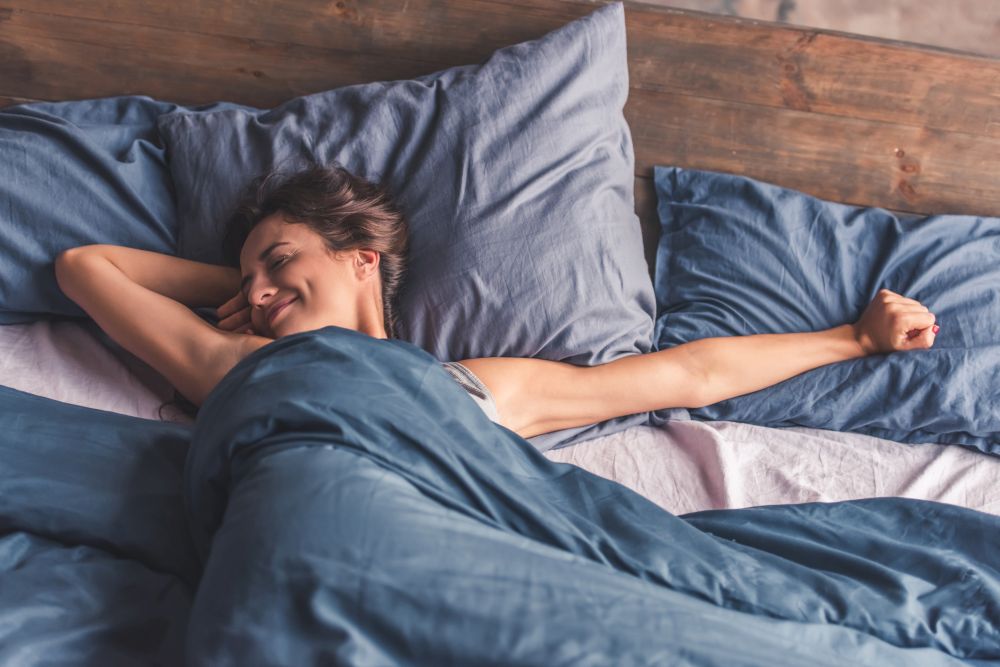Your sleep tracker might be making you an insomniac
Ironically, obsessing over your sleep data can actually make you lose sleep

Many runners are data-driven athletes. We check our heartrate, we need to know our pace, we want to find out how far we run and, thanks to wearable devices, we now want to see how well we sleep. But it turns out that sleep tracking might actually be causing more harm than good.
![]()
Wearable sleep trackers give us the opportunity to see our sleep statistics on a daily basis, which can be valuable information. The issue, though, is that chasing the “perfect” sleep can make you lose sleep altogether or cause your quality of sleep to plummet. This is a new issue in the sleep science community, and in a 2017 article published by the Journal of Clinical Sleep Medicine, it was labelled “orthosomnia.”
RELATED: Sleep: the easiest way to improve performance
“[W]hen you just really become fixated on having this perfect sleep via tracker… you start worrying about it, and you wind up giving yourself insomnia,” Seema Khosla, medical director at the North Dakota Center for Sleep, said in an interview with NPR.

Sleep trackers come in many forms, commonly as watches to rings, but there are even mattresses that will monitor your sleep. The trackers measure your breathing, your heartrate, whether you toss and turn and more. Then, when you wake up, all of that information is compiled and your sleep score for the night is determined. It’s this score that can cause anxiety for people.
“My biggest limiter and challenge as an athlete is my sleep,” Cody Beals said on The Fat Black Podcast in 2018. Beals is a professional triathlete and former Queen’s University cross-country runner.
RELATED: The Shakeout Podcast: Optimizing Sleep with Dr. Amy Bender
https://www.instagram.com/p/BZCYDRhHwtF/?utm_source=ig_web_copy_link
“I started [sleep tracking] and I just had to stop because it was causing me so much anxiety,” he said. “I couldn’t handle it.” Beals said that he was sleeping just a few hours a night when tracking his sleep because he was worrying too much about what his watch would say in the morning.
RELATED: Why your sleep tracker may not be as useful as you thought
Orthosomnia is a vicious cycle. You start tracking your sleep, see low numbers and think you need to sleep better, but having that on your mind makes it difficult to fall asleep, contributing to another poor sleep score when you check the next morning.

Running watches and other wearables are great, and they can help a lot with training. When it comes to sleep, though, it might be best to leave your device somewhere else so you can actually fall asleep rather than just thinking about it.


